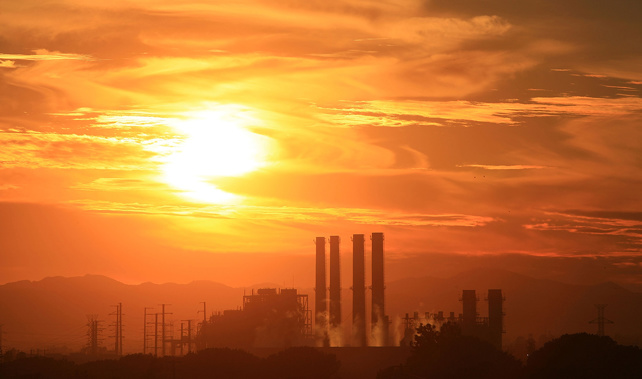
UPDATED 12.18pm: A turbulent year for New Zealand's climate.
NIWA's Annual Climate Summary for 2017 shows our 5th warmest year on record was peppered with significant weather events.
Drought plagued the north and east of the North Island at the start of the year - drying out Northland farms and fuelling a number of scrub fires.
Areas like Christchurch, Oamaru and Waipara recorded their driest November on record.
A string of high impact rain events drenched parts of the country - with the Tasman Tempest hitting the upper North Island in March, and ex-Tropical Cyclone Debbie flooding the town of Edgecumbe in April.
Yearly rainfall was above normal across the country and for some regions including Auckland, Waikato, Bay of Plenty, coastal Canterbury and north coastal Otago, as much as 149 per cent.
It was an especially wet year in Oamaru which had its second wettest year on record - 813mm of rain - and its wettest winter ever. On July 21 a whopping 161mm of rain fell making it the wettest day in the town since records began in 1950.
Later in the year parts of western and lower North Island were in a meteorological drought as very dry weather in November led to major decreases in soil moisture.
Niwa said Christchurch observed just a single mm of rain during November, the driest November on record. The city had a 47-day dry spell that was broken mid-December.
Sea surface temperatures also fluctuated starting off the year at normal levels but up to 4C above average as a "marine heatwave" hit coastal waters in November in December.
NIWA Principal scientist Chris Brandolino says damage caused across the country by various extreme weather events wasn't cheap.
"(Cyclone) Cook and Debbie combined, according to the Insurance Council of New Zealand, to produce $106.8 million dollars worth of damage."
NIWA says the nation-wide average temperature was 13.15 degrees.
Take your Radio, Podcasts and Music with you









